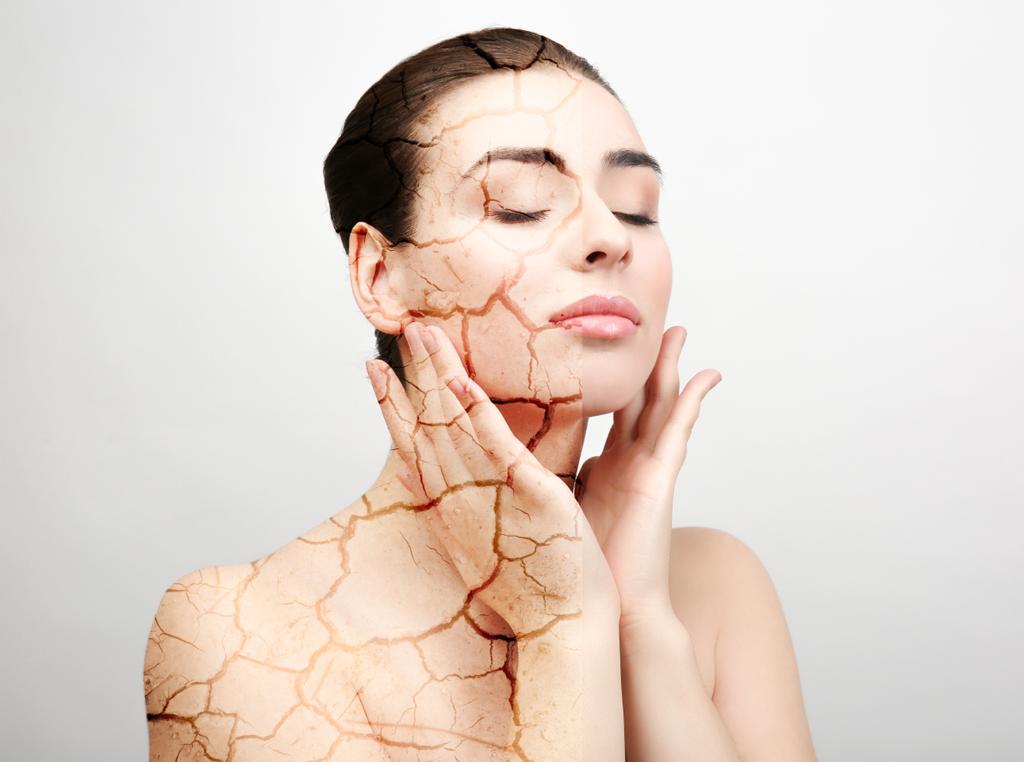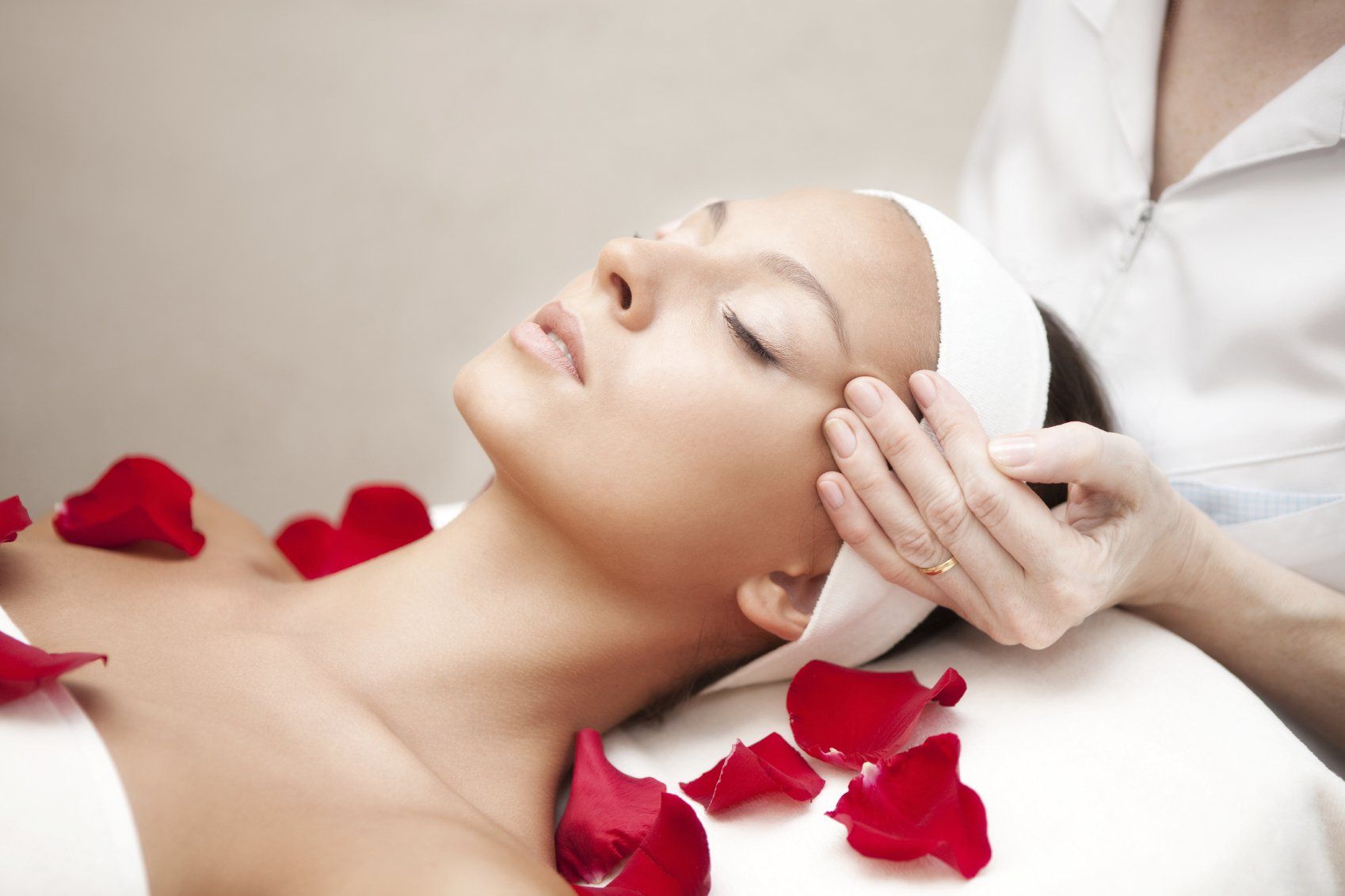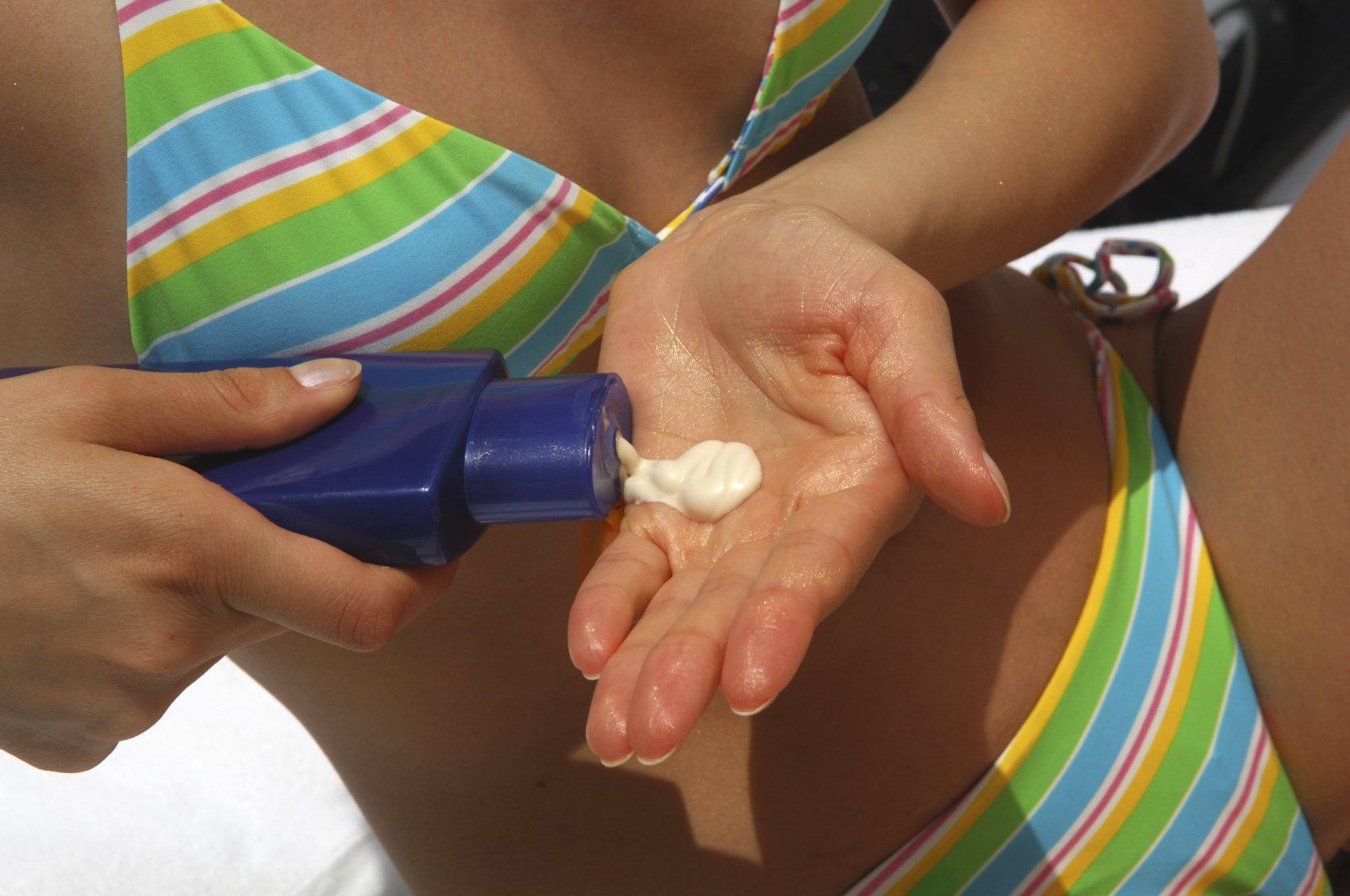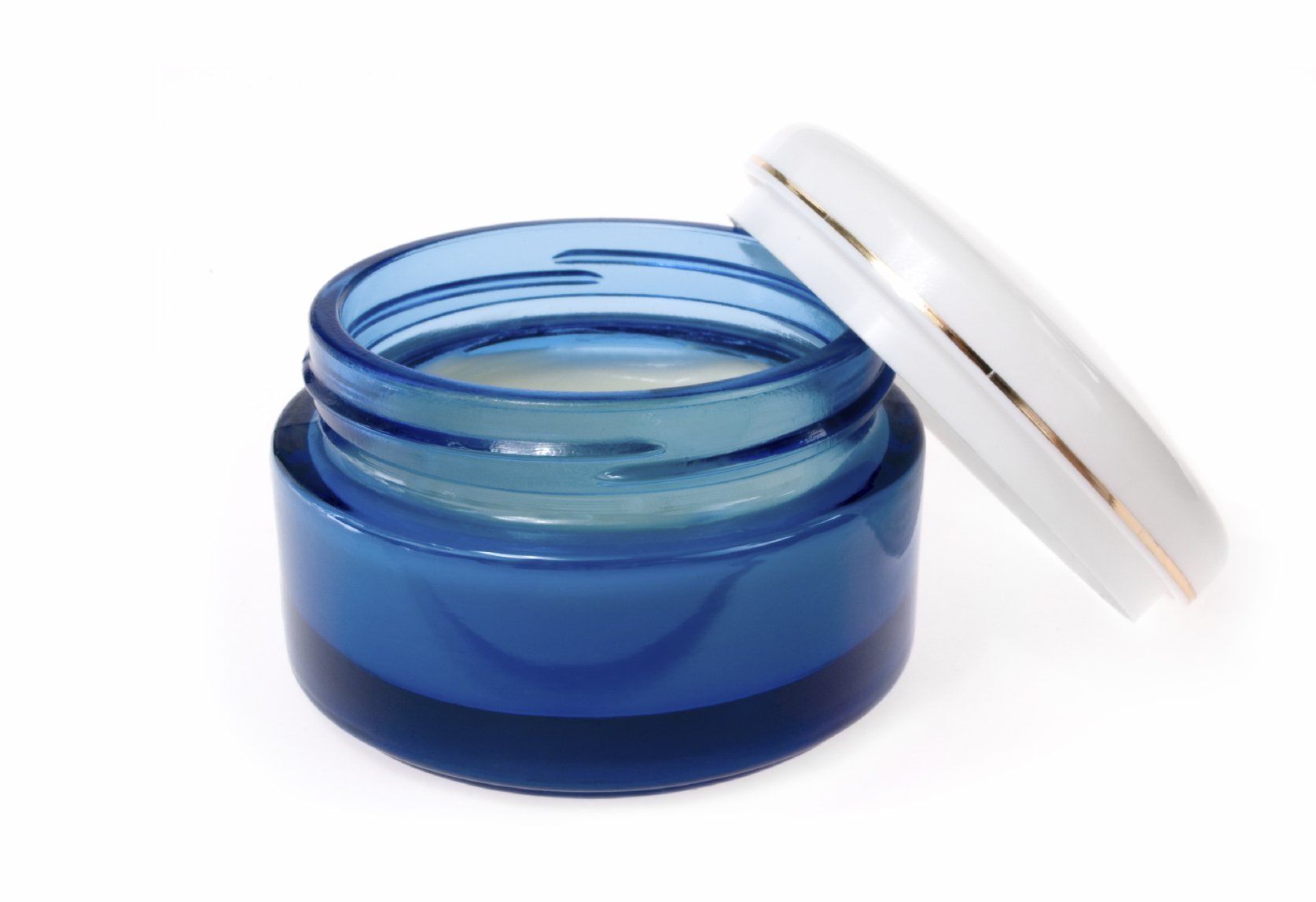Is your natural skin barrier suffering?
The biggest skincare lesson worth learning at this time of year? Skin Barrier Protection
Good skin health depends on a strong natural skin barrier. Most of us will have come across the term ‘skin barrier’, and it is one of the most trending skin topics in social media at the moment, but what even is our skin barrier and why is it important?
What is the skin barrier and what purpose does it serve?
Your skin is made up of layers, each of which performs important functions in protecting your body.
In dermatology the skin barrier is referred to as the stratum corneum - the outermost layer of skin. You can think of this layer like a brick wall: the bricks are the tough skin cells which are bound together by mortar-like lipids consisting of cholesterol, fatty acids, and ceramides
This amazing, thin brick wall is literally keeping you alive. It prevents various harmful environmental toxins and pathogens from penetrating your skin where they could cause disease.
In addition, your skin barrier controls the amount of water loss from your body so, without it, you would become completely dehydrated.
Your skin barrier, then, is essential for your overall health and needs to be working well to help your body function properly.
What can damage your natural skin barrier?
Skin barrier enemies are everywhere and include external factors such as too humid, too cold or too dry an environment, too much sun exposure and exposure to harsh chemicals.
One of the most common reasons for an impaired barrier is using unsuitable skincare products. The overuse of actives and using too many ingredients all at once can overwhelm the skin and as a result the barrier becomes compromised.
The acid mantle
Your natural skin barrier is slightly acidic and is known as the acid mantle. This acidity helps create a kind of buffer against the growth of harmful bacteria, viruses and fungi that could damage the skin and lead to infections and other skin conditions. Overusing harsh products at too high a pH can alter this mantle – another factor in barrier disruption.
How can you tell if your skin barrier is damaged?
All signs that are opposite to those we associate with healthy skin can be signals of an unhappy skin barrier.
If you struggle to keep moisture in and your skin feels dry and tight, you might be suffering from an impaired skin barrier. It can look ashy or flaky and feel irritated or sting after any skin product is applied to it. You might also experience areas of acne breakouts, rosacea, or eczema.
The texture of the skin can change and feel bumpier, rough, and itchy. Age is also a factor. As we get older our skin slows down its production of lipids, ceramides and natural hydrators which are essential for a strong skin barrier.
How to restore your skin barrier
Simplify your skincare routine
The first thing is to identify and exclude any factors that might be causing damage. Strip back your skincare routine and keep it simple. A pH balanced, non-stripping cleanser, moisturiser and SPF to begin with and leave out any retinoids or acids for the time being. Make sure all the products you use are pH balanced, nourishing and dermatologically tested.
Restore and repair
Look for ceramide-rich moisturisers and incorporate hyaluronic acid into your routine to soothe and hydrate the skin. Niacinamide and fatty acids will also help to reduce inflammation and build a strong barrier.
Formulation of products is key. Beware -just because the label says these ingredients are present in a product does not necessarily mean that they will be able to reach the layer of skin where they can be effective. Always seek out a cosmeceutical grade product where possible which has the science to back up the claims.
Gently, gently
As well as paring back your skincare routine, don’t forget to avoid anything that manually exfoliates the skin like scrubs or rough face cloths. A skin barrier can take up to three months to fully repair itself, so stick at it and be consistent with good skincare.
Leave out the actives
While the barrier repairs, it is all about simple, nurturing products. Once skin is healthy again, you can reintroduce actives like vitamin C,
retinol, and acid exfoliators one at a time. If you have a long-term problem with your skin barrier, you should always go for the gentler form of an active. For example, chose a
retinaldehyde over a retinol, PHAs rather than AHAs for exfoliation and lower strength, slow-release formulations of vitamin C. A physical, rather than chemical sunscreen may also be better tolerated.
Feed the skin from within
Ensure you are eating a healthy, balanced diet, with plenty of foods rich in B vitamins, vitamin C, and good fats, such as fresh fruit and vegetables, nuts and oily fish. Consider taking a high-quality omega oil supplement every day to make a difference to your skin’s resilience and overall health.
Takeaways
If your skin gets dry, itchy or otherwise upset mid-winter, it may well be that your skin barrier needs some help. Treat skin gently, keep it hydrated and seal in that hydration with ceramides and fatty acids to nurture it back into shape. Choose products wisely and use consistently and you’ll soon be enjoying a better winter skin.















